- The musical world witnessed a significant moment in 1865 when Franz Schubert’s Symphony No.
- Georges Feydeau’s comedic play, “Tailleur Pour Dames,” premieres in Paris, showcasing the playwright&#…
- In a historical move, the last British troops leave the Irish Free State, marking a significant moment in Ireland’…
- Tsjoi Doo Sun forms a government in South Korea, marking a political transition in the country’s leadership.
- In 2012, Jiroemon Kimura of Japan becomes the world’s oldest verified man at 116 years old, marking a remarkable l…
- In 2020, China’s Chang’e-5 mission successfully returns from collecting rock samples from the Moon, landing …
Explore the annals of history as we delve into ‘Major Historical Events on December 17 – Today in History.’ From groundbreaking achievements in aviation to pivotal diplomatic recognitions, this day has witnessed transformative moments that have left an indelible mark on the world. Join us on a journey through time as we revisit key milestones that shaped the course of history on December 17th.
Major Historical Events on December 17 – Today in History
France Officially Recognizes American Independence (1777)
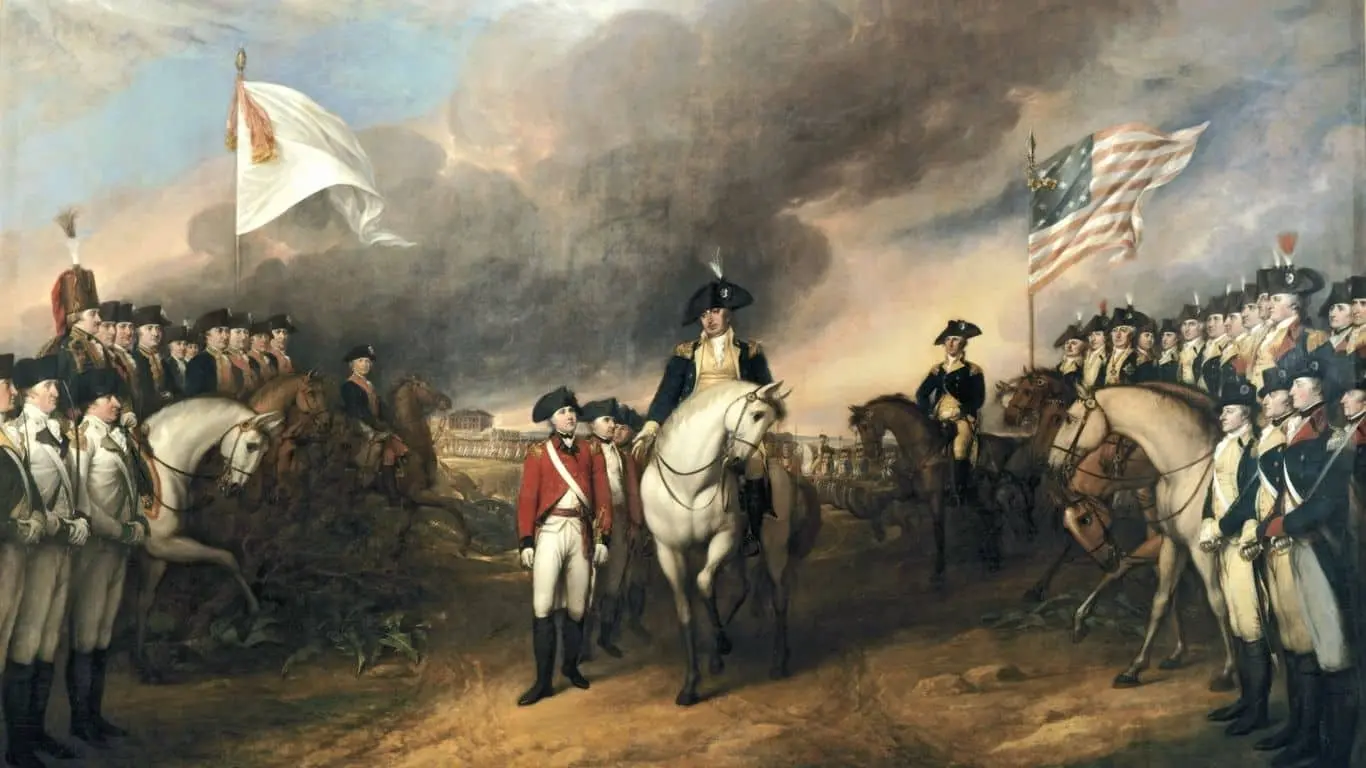
On December 17, 1777, France’s formal recognition of American independence marked a pivotal turning point in the American Revolutionary War, providing crucial support that contributed significantly to the eventual victory of the American colonies over the British.
Wright Brothers’ First Powered Flight (1903)
On December 17, 1903, the Wright brothers achieved the world’s first powered flight in Kitty Hawk, North Carolina, with their aircraft, the Wright Flyer, flying for 12 seconds, covering 120 feet. This marked the birth of powered flight and laid the foundation for modern aviation.
Inaugural Flight of the Douglas DC-3 (1935)
The Douglas DC-3, revolutionizing commercial aviation, made its inaugural flight on December 17, 1935. This versatile aircraft played a pivotal role in the growth of the airline industry, enhancing accessibility and efficiency for global air travel.
Completion of the North Tower of the World Trade Center (1970)
On December 17, 1970, the iconic World Trade Center in New York City reached a milestone with the topping out of the North Tower, a crucial moment in the construction of the renowned twin towers.
Debut of “The Simpsons” (1989)

“The Simpsons,” one of the most beloved animated series in television history, made its debut on December 17, 1989. The first episode, “Simpsons Roasting on an Open Fire,” introduced audiences to the quirky residents of Springfield and set the stage for the show’s enduring popularity.
Death of North Korean Leader Kim Jong-il (2011)
On December 17, 2011, North Korean leader Kim Jong-il passed away, marking a significant moment in the geopolitics of the Korean Peninsula. Kim Jong-il’s death raised questions about the future leadership of North Korea and its impact on international relations in the region.
Ugyen Wangchuck Becomes Bhutan’s First King (1907)
Ugyen Wangchuck ascended to the throne on December 17, 1907, becoming the first Druk Gyalpo (King) of Bhutan. His reign marked a significant period in Bhutanese history as the nation transitioned to a monarchy and established a unified state.
The Birth of Christmas Cards (1843)
In 1843, Henry Cole, the visionary founder of London’s V&A Museum, played a pivotal role in the creation of the first-ever Christmas card, marking the beginning of a timeless tradition.
General Grant’s Controversial Order (1862)
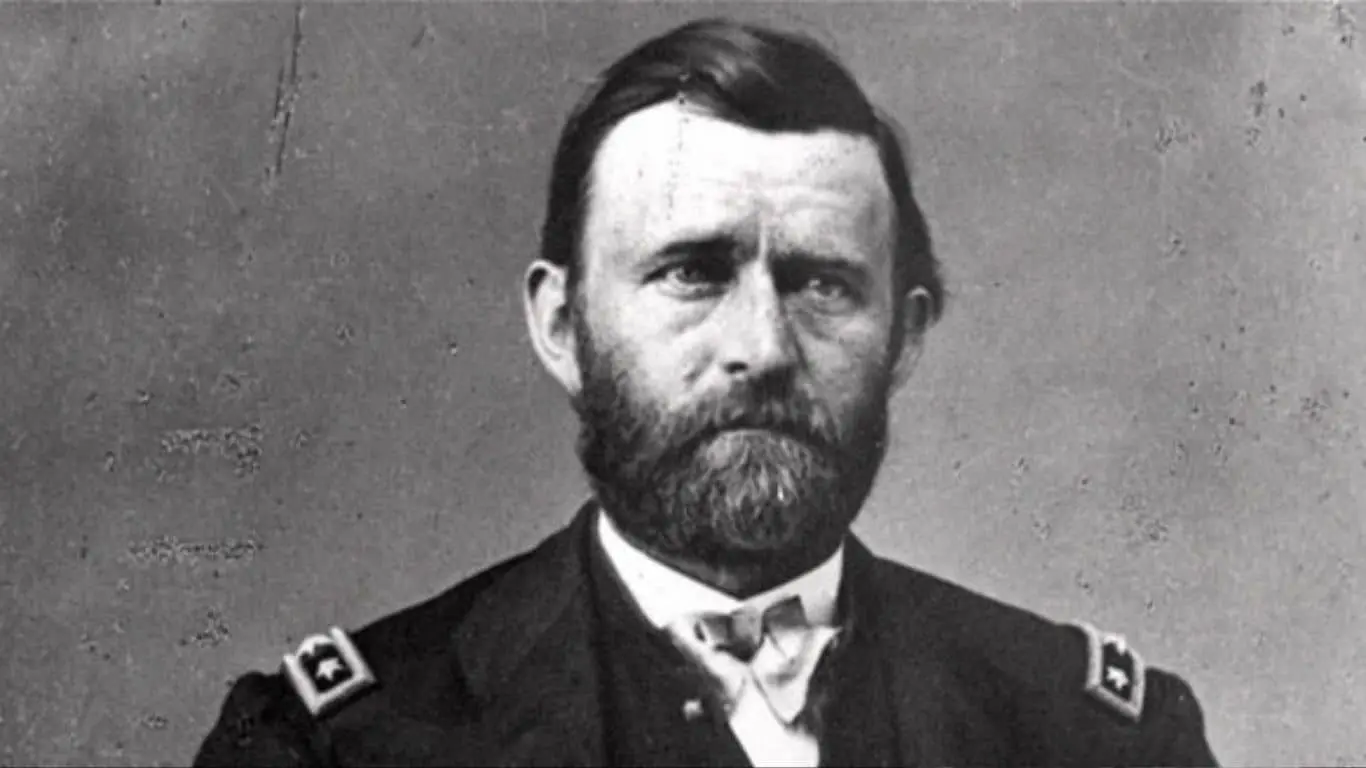
Amidst the American Civil War, in 1862, General Ulysses S. Grant issued Order #11, a controversial directive expelling Jews from Tennessee, sparking debates about discrimination during a tumultuous time in American history.
Schubert’s Unfinished Symphony Premieres (1865)
The musical world witnessed a significant moment in 1865 when Franz Schubert’s Symphony No. 8, famously known as the “Unfinished Symphony,” premiered in Vienna under the baton of Johann von Herbeck.
Assassination of William I Longsword (942)
The year 942 marked the assassination of William I Longsword, the 2nd Duke of Normandy, adding a tragic chapter to the medieval history of Normandy.
Tamerlane’s Siege of Delhi (1398)
In 1398, the formidable Tamerlane orchestrated the capture and sack of Delhi, employing a unique strategy involving camels loaded with hay to defeat Sultan Nasir-u Din Mehmud’s armored elephants.
Henry VIII Excommunicated (1538)
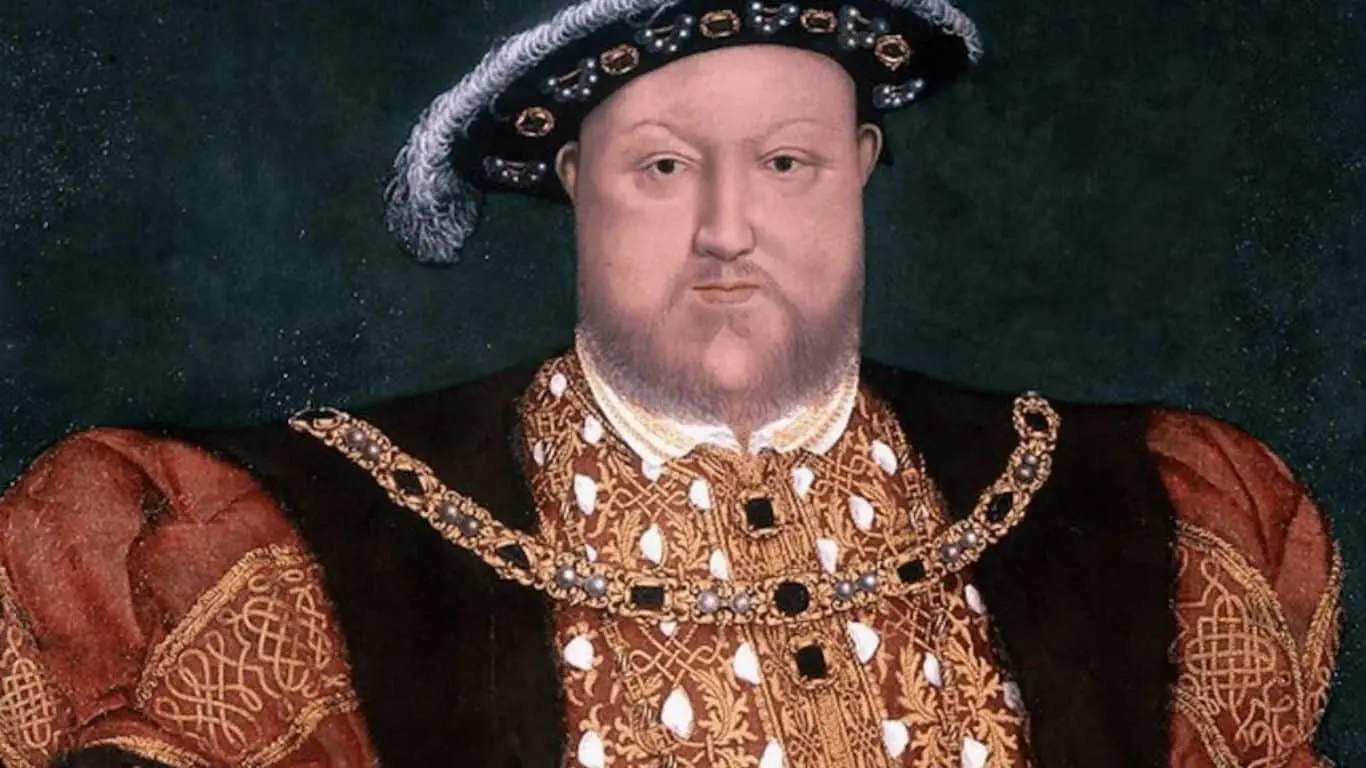
The year 1538 saw a dramatic turn in religious history as Pope Paul II excommunicated King Henry VIII of England, a significant event in the midst of the Tudor monarch’s complex relationships with the Catholic Church.
War of the Quadruple Alliance (1718)
In 1718, the geopolitical landscape shifted as France, Britain, and Austria declared war on Spain, marking the beginning of the War of the Quadruple Alliance (1718–1720) and reshaping alliances in Europe.
Discovery of the Aztec Calendar Stone (1790)
A momentous archaeological discovery unfolded in 1790 when the Aztec calendar stone was unearthed in Mexico City, providing valuable insights into the ancient Mesoamerican civilization.
The Birth of Traffic Regulation (1791)
In 1791, New York City implemented its first traffic regulation, creating the world’s first one-way street and laying the groundwork for modern urban traffic management.
First Impeachment Trial of a U.S. Senator (1798)
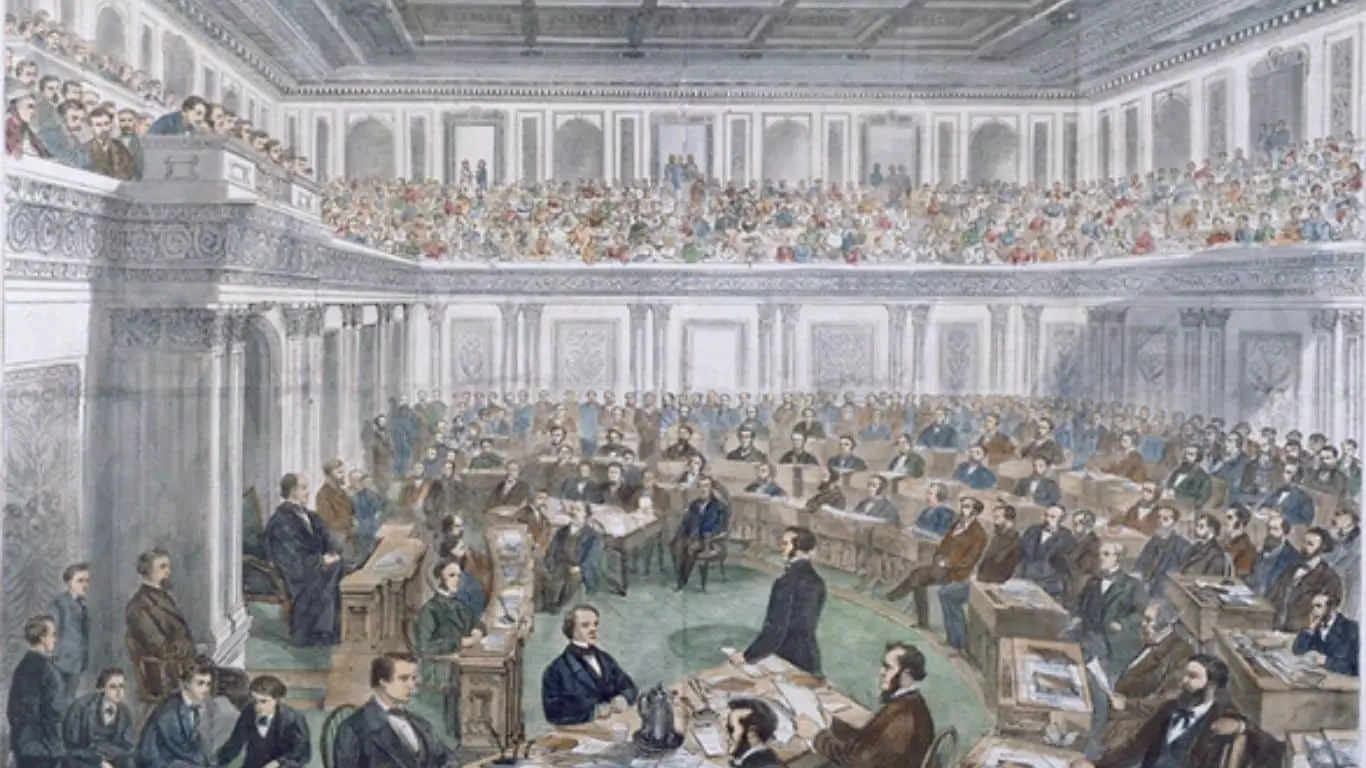
A historic moment in American politics occurred in 1798 as the first impeachment trial against a U.S. senator, William Blount of Tennessee, commenced, highlighting the early constitutional dynamics of the young nation.
The Milan Decree and the Continental System (1807)
In 1807, France issued the Milan Decree, a significant diplomatic move that confirmed Napoleon’s Continental System, intensifying the economic warfare between France and Britain during the Napoleonic era.
Congress of Angostura and Colombia’s Independence (1819)
The Congress of Angostura convened in 1819, playing a crucial role in establishing Colombia’s independence from Spanish rule, shaping the destiny of a South American nation.
Premiere of “Casse-noisette” Ballet in St Petersburg (1892)
Georges Feydeau’s comedic play, “Tailleur Pour Dames,” premieres in Paris, showcasing the playwright’s talent for farce.
Great Britain Declares Egypt a Protectorate (1914)
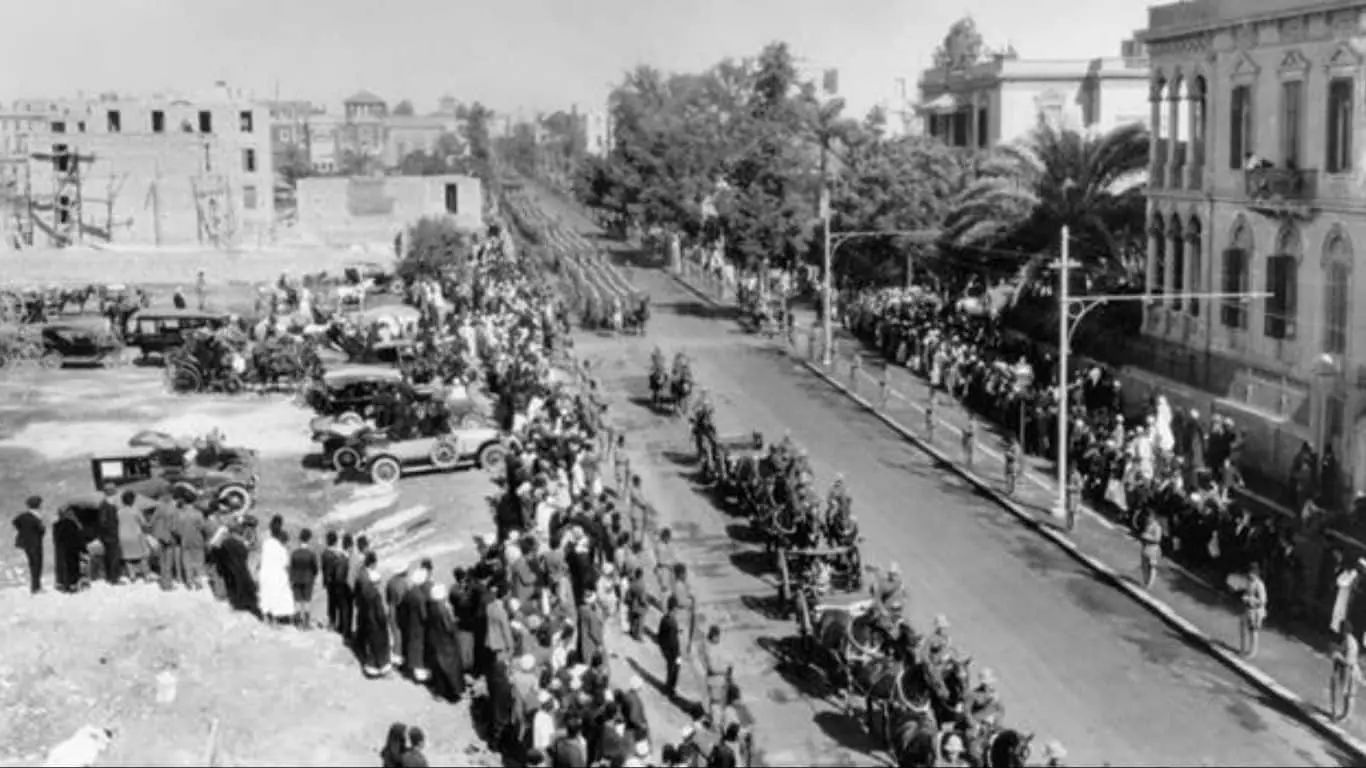
Great Britain declares Egypt a protectorate, asserting its influence in the geopolitics of the region.
Last British Troops Leave Irish Free State (1922)
In a historical move, the last British troops leave the Irish Free State, marking a significant moment in Ireland’s journey to independence.
Discovery of Nuclear Fission by Otto Hahn and Fritz Strassmann (1938)
Otto Hahn and his assistant Fritz Strassmann discover nuclear fission using uranium, laying the groundwork for significant developments in nuclear science.
Beginning of the Siege of Sebastopol in World War II (1941)
World War II witnesses the beginning of the Siege of Sebastopol, a significant military event in the Eastern Front.
End of Exclusion of Japanese-Americans from West Coast (1944)
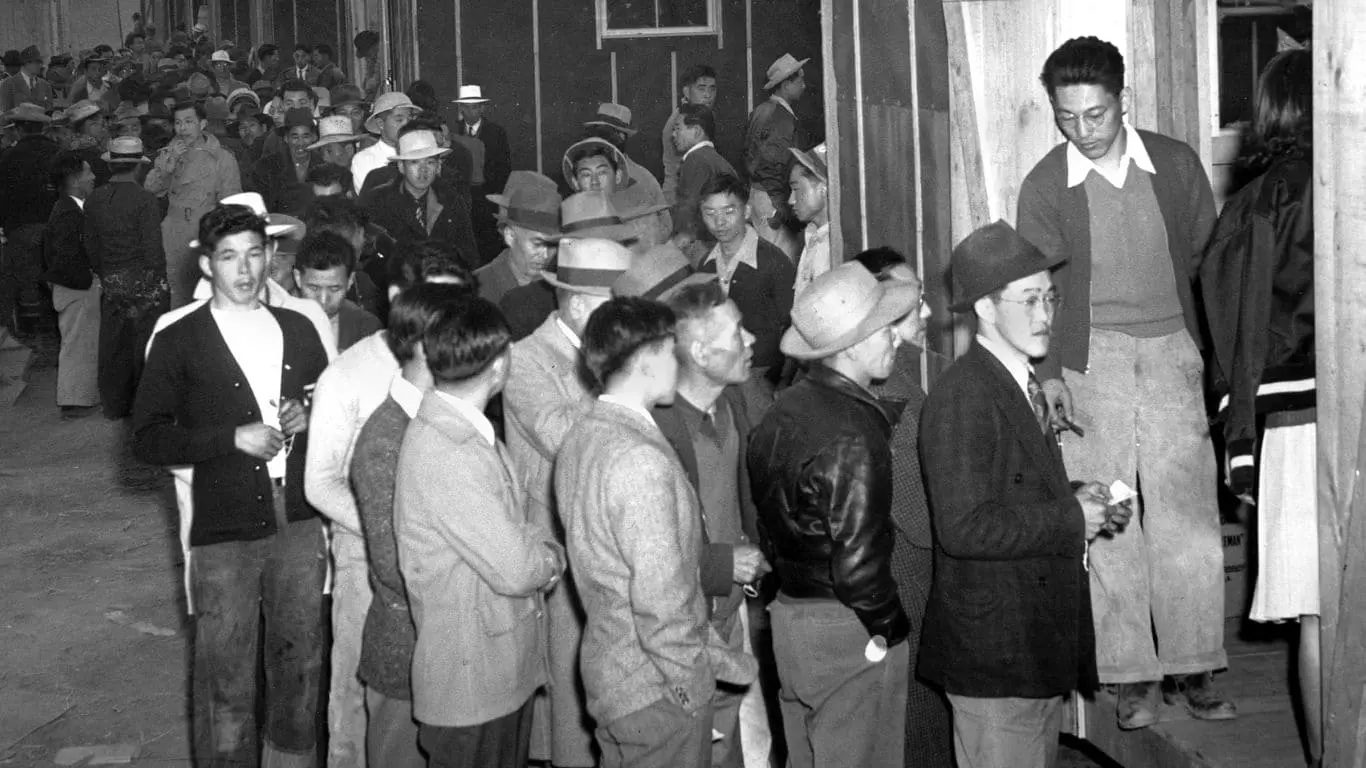
The US Army announces the end of excluding Japanese-Americans from the West Coast, and detainees are released, signaling a shift in wartime policies.
Premiere of “Goldfinger,” 3rd James Bond Film (1964)
“Goldfinger,” the third James Bond film starring Sean Connery and Honor Blackman, premieres in London, contributing to the iconic spy film series.
Mysterious Disappearance of Harold Holt (1967)
Prime Minister of Australia, Harold Holt, vanishes in mysterious circumstances while swimming near Melbourne, creating speculation and Mystery surrounding his disappearance.
Tsjoi Doo Sun Forms Government in South Korea (1963)
Tsjoi Doo Sun forms a government in South Korea, marking a political transition in the country’s leadership.
Founding of the Indian Statistical Institute in Calcutta (1931)
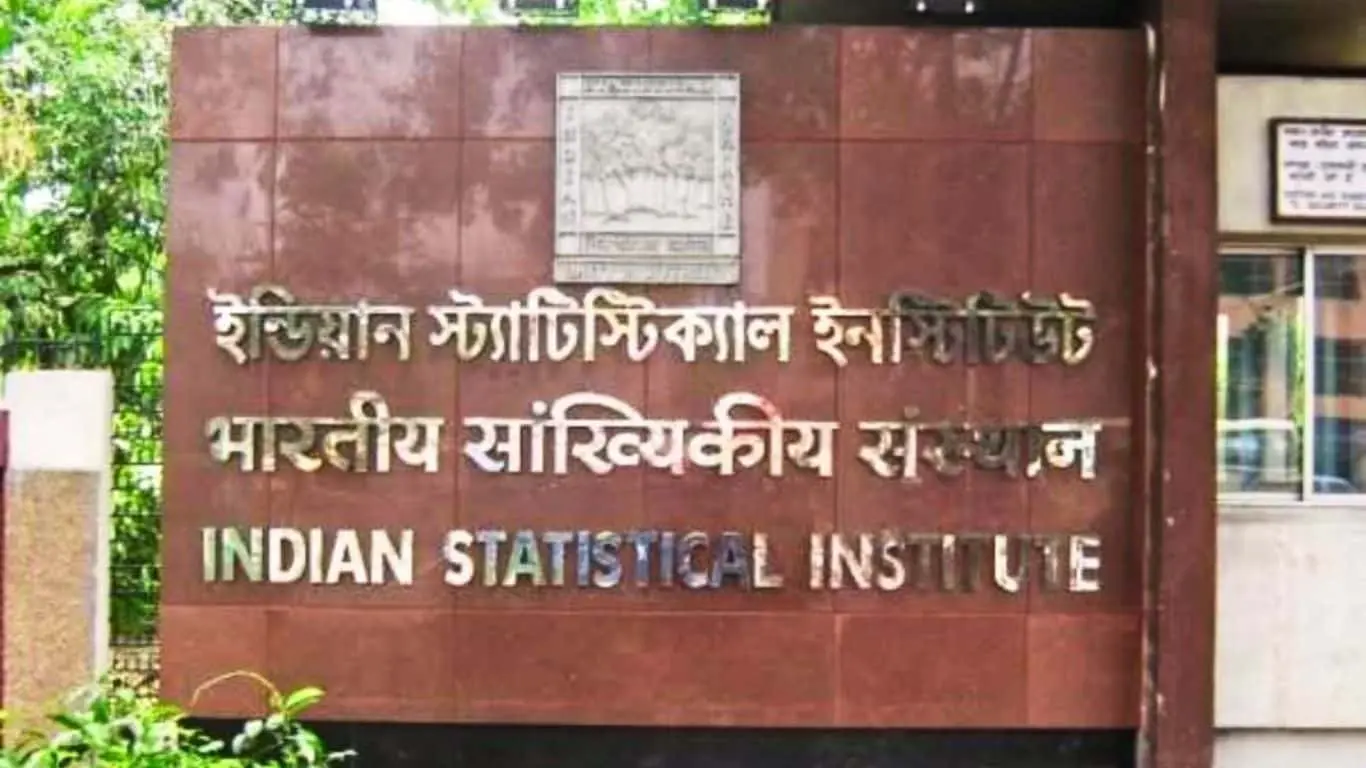
The first meeting of the Indian Statistical Institute is organized by Prasanta Chandra Mahalanobis in Calcutta, laying the foundation for statistical research and education in India.
New Line of Control in Kashmir (1972)
India and Pakistan agree on a new line of control in Kashmir, reshaping territorial boundaries between the two nations.
International Day to Eliminate Violence Against Women Designated by UN (1999)
The United Nations General Assembly passes resolution 54/134 in 1999, designating November 25 as the annual International Day to Eliminate Violence Against Women, emphasizing global efforts to address gender-based violence.
Peace Accord in the Second Congo War (2002)
During the Second Congo War in 2002, the Congolese parties of the Inter Congolese Dialogue sign a peace accord, outlining provisions for transitional governance and scheduling legislative and presidential elections within two years.
Jiroemon Kimura Becomes World’s Oldest Verified Man (2012)
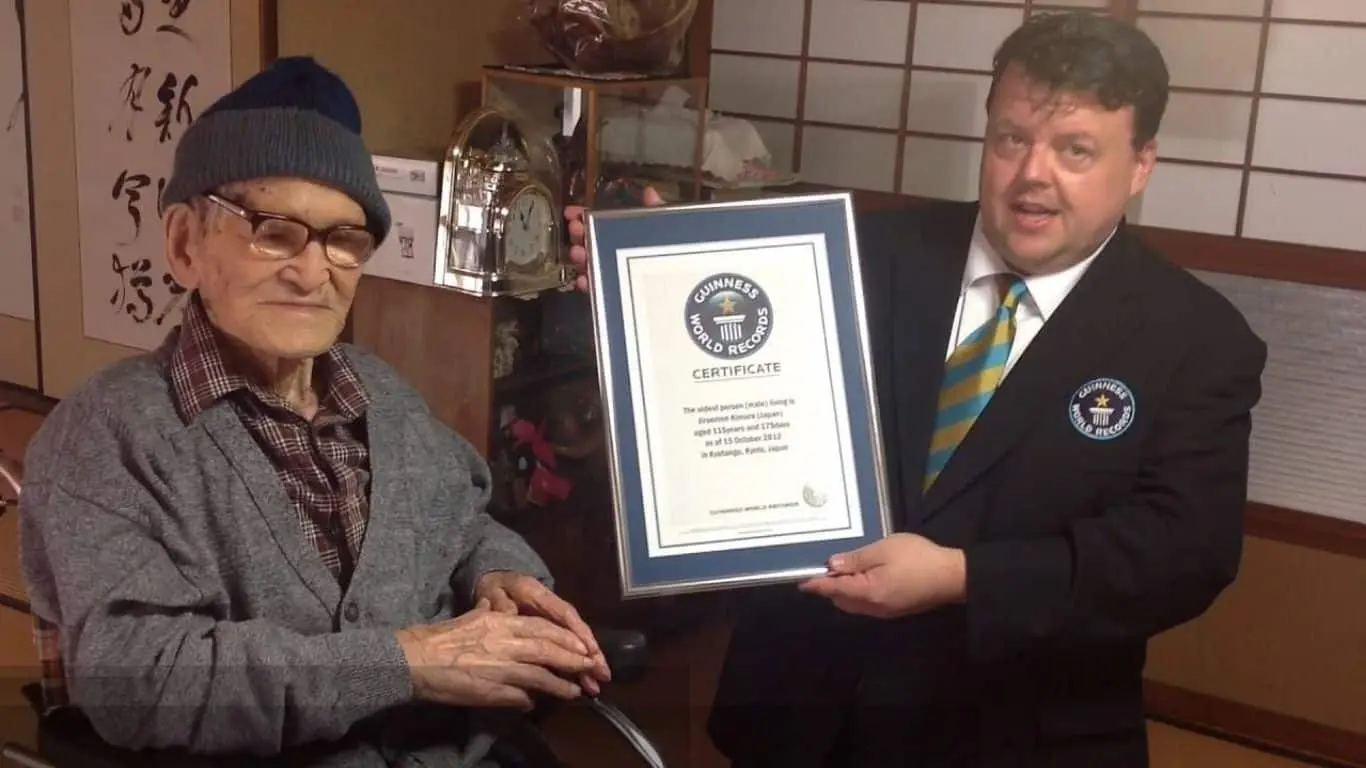
In 2012, Jiroemon Kimura of Japan becomes the world’s oldest verified man at 116 years old, marking a remarkable longevity milestone.
NASA’s Successful Mission to Map the Moon (2012)
NASA completes a successful mission in 2012 to map the Moon’s gravity field, contributing to our understanding of lunar geophysics.
“Star Wars: The Last Jedi” Box Office Success (2017)
In 2017, “Star Wars: The Last Jedi” achieves significant box office success, grossing more than $450 million worldwide in its opening weekend, becoming the second-largest opening in North America at $220 million.
François Gabart’s Solo Navigation Record (2017)
French sailor François Gabart sets a round-the-world record for the fastest solo navigation of the globe in 2017, completing the journey in 42 days and 16 hours.
Astronomical Discovery of Farout in the Solar System (2018)
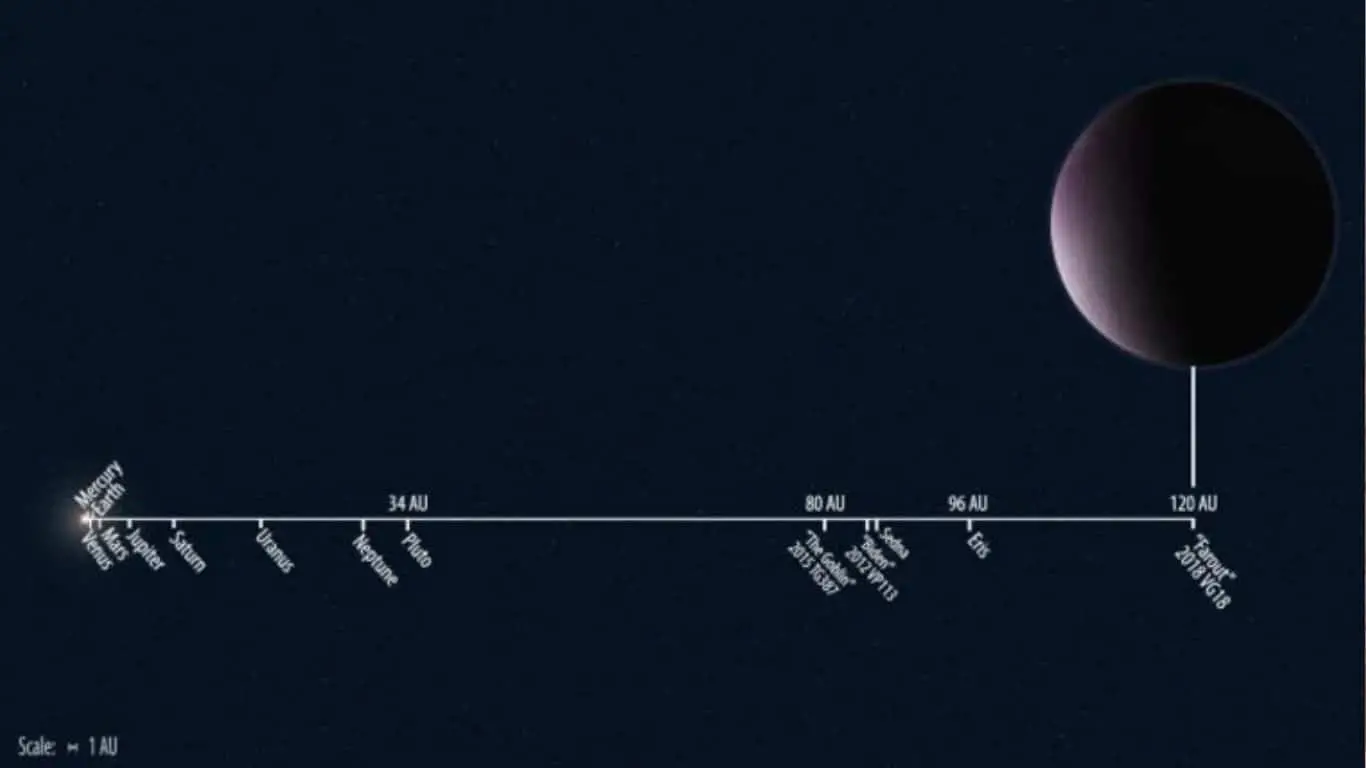
In 2018, astronomers identify the farthest object in the solar system as 2018 VG18 (nicknamed Farout), located 120 times further from the sun than Earth, expanding our understanding of the solar system’s outer reaches.
Australia’s Hottest Day on Record (2019)
Australia experiences its hottest day ever in 2019, with an average temperature of 40.9 degrees Celsius across the country, highlighting concerns about climate change.
Pervez Musharraf Sentenced to Death for High Treason (2019)
Former Pakistan President Pervez Musharraf is sentenced to death in absentia for high treason in 2019, marking a significant legal development in the country.
Chang’e-5 Mission Returns with Moon Rock Samples (2020)
In 2020, China’s Chang’e-5 mission successfully returns from collecting rock samples from the Moon, landing in Siziwang Banner, Mongolia, advancing lunar exploration.
Discovery of the First True Millipede in Western Australia (2021)

The discovery of the first true millipede (Eumillipes persephone) with 1,000 legs found down a drill hole in Western Australia is published in “Scientific Reports” in 2021, contributing to our understanding of biodiversity.
Minnesota Vikings’ Historic NFL Comeback (2022)
In 2022, the Minnesota Vikings stage a historic comeback, recovering from being 33-0 down at halftime to beat the Indianapolis Colts 39-36 in overtime at US Bank Stadium, Minneapolis, MN, marking the biggest comeback in NFL history.
Also Read: Major Historical Events on December 16 – Today in History



